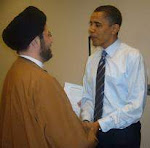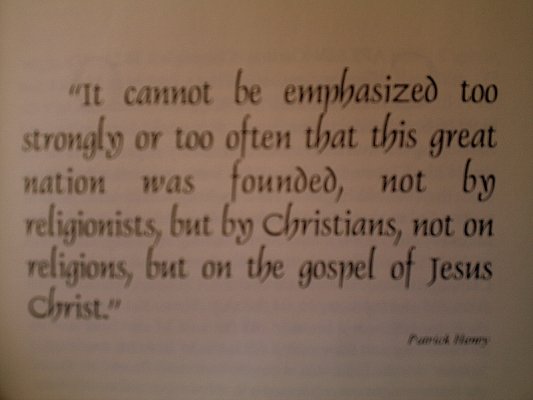"'Americans should be aware that such lawsuits may seem far-fetched, but they really are happening … and foreign legal decisions are increasingly cited in American courts.'"
First there, and then here? This is what is happening today! Americans need to wake up to the real dangers of the non-Christian/non-religious movement's bent attention on the Church.
News And Comments
............................................................................................
Monday, August 18, 2008
Subscribe to:
Post Comments (Atom)





















1 comment:
Hi there, just a note from Italy:
the point of the issue in Italy is that UAAR is fighting to obtain the possibility for adult people to OPT-OUT (to use a common expression) from being considered baptized for civil (not religious) purposes, if they decide so.
This should be considered obvious: if I am an adult and I ask you not to consider me a Catholic anymore one shouldn't insist about what my parents did on my name at my birth.
In fact, the Italian Catholic Church has long resisted, also because the number of baptized people is used to determine the amount of public money going to the Church (with a mechanism drawing money from contributors of all faiths and also with no religious faith).
Does anyone think that a person who was baptized at birth loses the right to have a say on his personal religious beliefs?
I think each individual should decide to belong to any religion, or to none.
Cheers
Fabio Turone, member of the Italian Union of Atheists and Agnostic Rationalists
Post a Comment